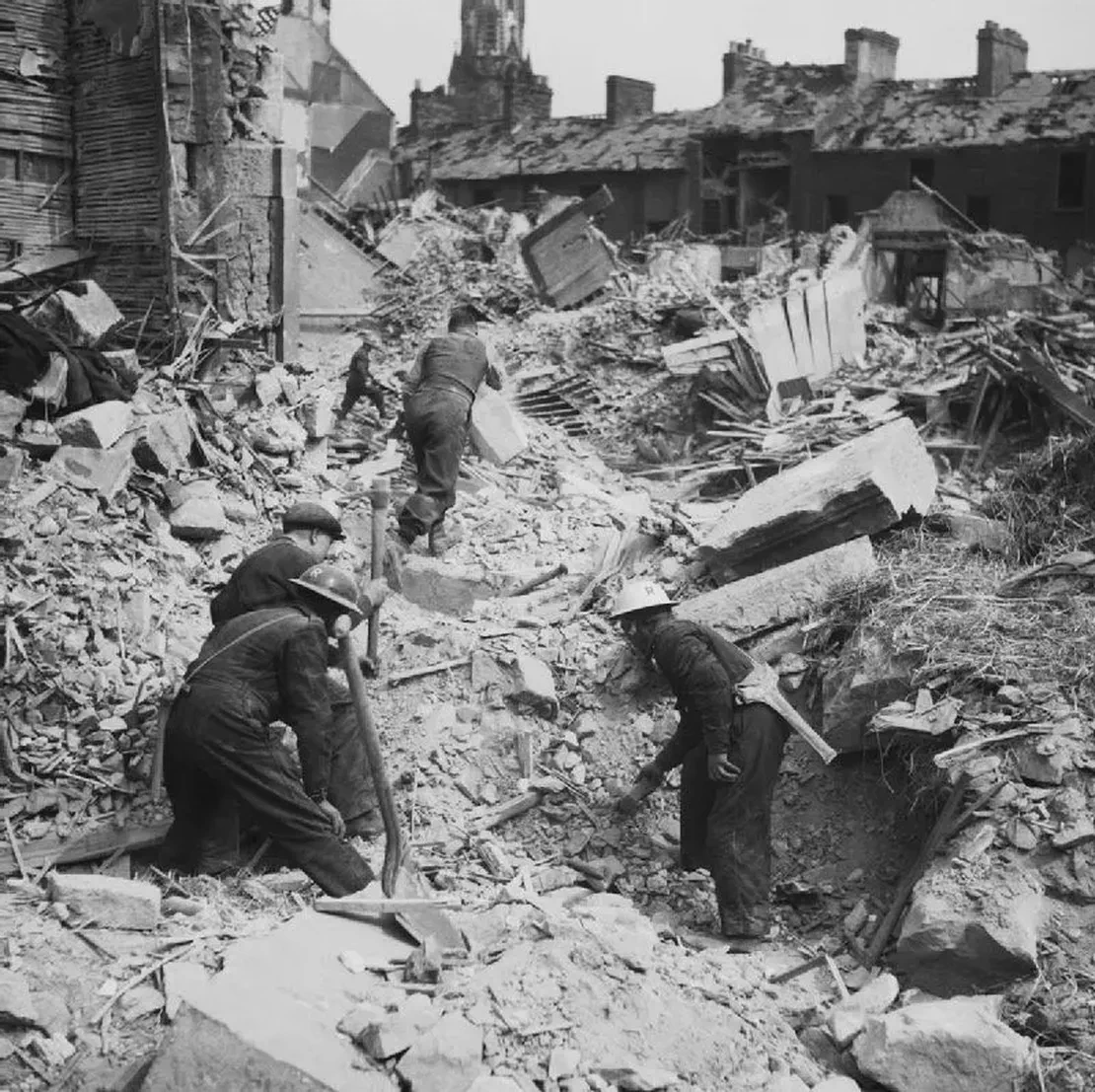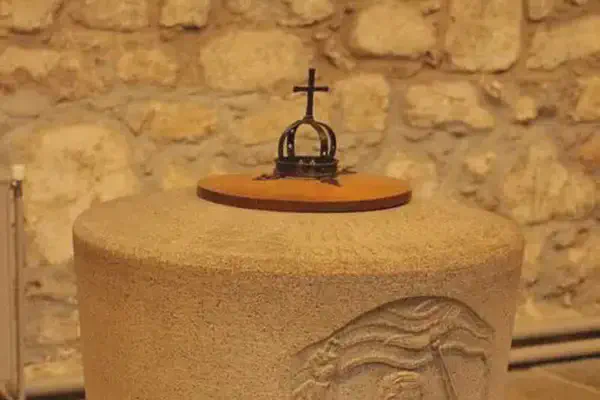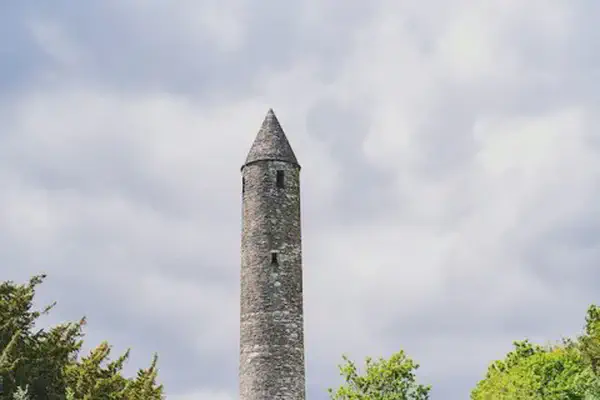On April 07, 1941 in Celtic History
A luftwaffe bomb kills 13 people in belfast, known as the belfast blitz

Belfast was largely unprepared for war as people thought Northern Ireland was both too remote and too insignificant for the Luftwaffe to target. The inertia of ministers at Stormont also resulted in Belfast being ill prepared against attack.
There had been a number of small bombings, probably by planes that missed their targets over the Clyde or the cities of the north-west of England.
On March 24, 1941, John McDermott, Minister for Security, wrote to the Prime Minister, John Andrews expressing his concerns that Belfast was so poorly protected. Up to now we have escaped attack. So had Clydeside until recently. Clydeside got its blitz during the period of the last moon. There [is] ground for thinking that the … enemy could not easily reach Belfast in force except during a period of moonlight. The period of the next moon from say the 7th to the 16th of April may well bring our turn. Unfortunately, McDermott was proved right. On 7th April 1941 Belfast suffered the first of three air raids.
The first deliberate raid took place on the night of April 7. (Some authors count this as the second raid of four). It targeted the docks. Neighbouring residential areas were also hit. Six Heinkel He 111 bombers, from Kampfgruppe 26, flying at 7,000 feet, dropped incendiaries, high explosive and parachute-bombs. By British blitz experience, casualties were light. 13 lost their lives, including a soldier killed when an anti-aircraft battery, at the Balmoral show-grounds, misfired. The most significant loss was a 4½ acre factory floor for manufacturing the fuselages of Short Stirling bombers. The Royal Air Force announced that Squadron Leader J. W.C. Simpson shot down one of the Heinkels over Downpatrick.
The Luftwaffe crews returned to their base in Northern France and reported that Belfasts defences were, inferior in quality, scanty and insufficient.
Related Content

Shane Patrick Lysaght MacGowan, lead singer of the Pogues, died

St Machar Day, patron saint of Aberdeen

Oíche Shamhna - Cetlic New Year Eve (Halloween)

ALBAN ELFED (Welsh Bardic name for autumn equinox)

Feast day of St. James

John Davie Burgess, King of the Highland Pipers, died at age 71.

No location specified

No location specified

No location specified

No location specified

No location specified

No location specified

No location specified

No location specified